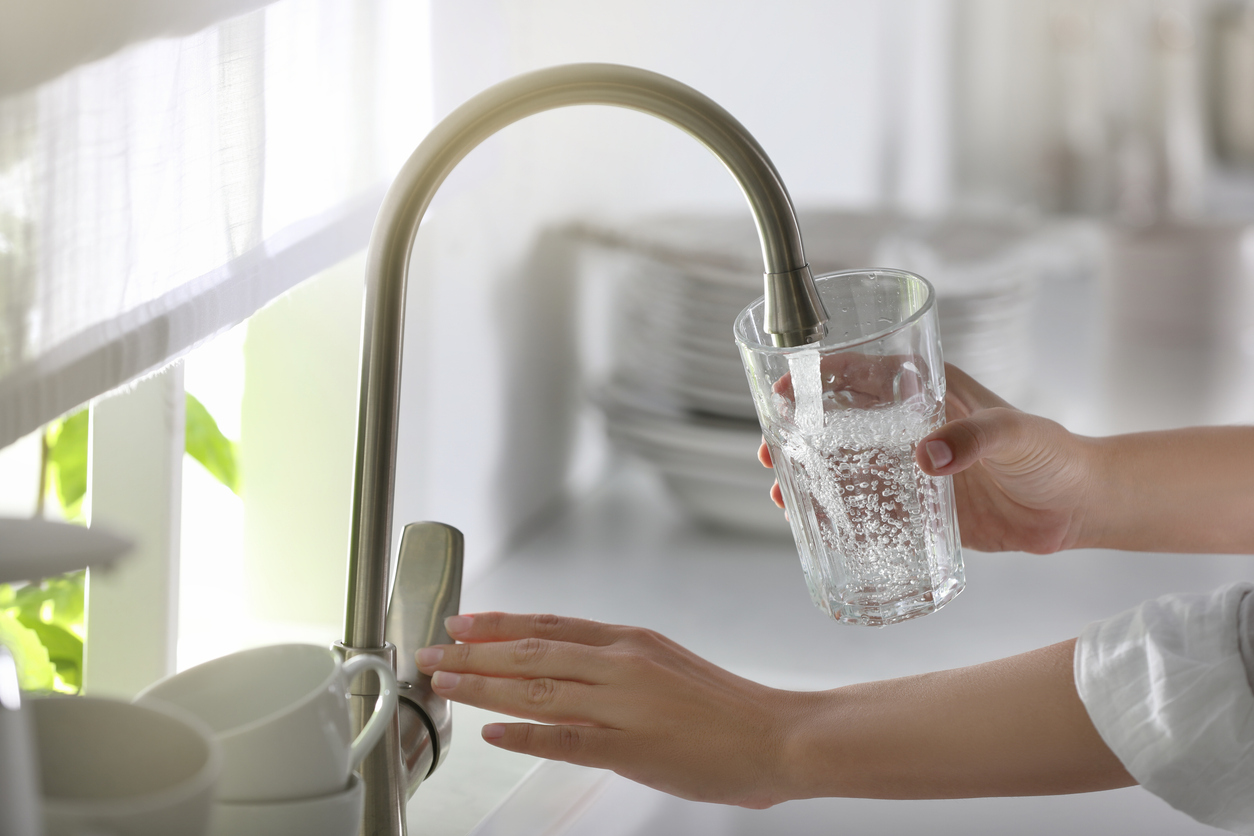The Importance of Water Potability

The Importance of Water Potability
When people think of premium features in their homes, water potability may not immediately come to mind, but it should. The health of both people and pets depends on the availability of potable water, meaning water that is suitable for drinking. From daily hydration and meal preparation to bathing babies and brushing teeth, access to potable water is essential. On a larger scale, water contamination from natural minerals in the ground to chemicals like PFAS or other things like microplastics pose a significant threat to all aspects of our world from the wellness of assorted ecosystems and the environment as a whole to healthcare systems and the economy. Responsible care for your own water potability not only protects you and your loved ones but also helps ensure the health of your community and prevents the spread of disease.
Knowing the importance of evaluating and safeguarding your water supply, you may be wondering how to monitor and test your water potability? In addition to common sense evaluation with regard to any changes to your water, you can engage water professionals to evaluate your water potability.
How to Test Water Potability and Factors that Interfere with Safe Use
Informally, homeowners may assess the water with their senses fairly regularly. For instance, a member of your household might notice unusual particles or discoloration in the water. Perhaps, you experience a strange or unpleasant smell or taste or have an unusual reaction in the mouth with even a small sip of water. While encounters like these may provide initial clues as to a problem with water potability just as a basic home water testing kit may do, professional water testing will uncover potential potability concerns and be accompanied by immediate recommendations and solutions.
These potability factors that are often analyzed through the collection of a water sample; the first two may be included in basic tests while the latter require certified lab evaluation:
- PH level: A pH of 7 is neutral, so water within close proximity (6.5-8.5 depending on preference) is potable.
- Chlorine: Water with chlorine is potable but only within a certain range (.2 to 2 mg/L)
- Microbiology: This facet indicates the presence of any harmful bacteria, such as E. Coli, viruses, and other parasites.
- Chemicals and Minerals: Pesticides, PFAS, iron, arsenic, manganese, uranium, and more can contaminate water if they are present at all or in a concentrated presence above normal range.
Even if you haven’t had concerns about water potability, conducting scheduled water testing as part of your annual home maintenance efforts is essential, especially for those relying on well water. Additionally, natural disasters like floods or hurricanes can cause unexpected sewage contamination or other issues with pipes or other parts of the water system, so water potability testing after such events is recommended.
What are the Benefits of Professional Water Potability Testing?
Throughout the water potability testing process, working with a professional water provider offers greater peace of mind when it comes to the health of your household. Although professional water potability testing may cost more than a DIY kit, it offers the benefit of providing peace of mind knowing that an experienced water technician inspected and tested your water supply. Additionally, if any concerns about water potability do arise as a result of your sniff and taste tests or basic home testing, you will need to contact a water expert anyway in order to have a comprehensive evaluation completed and action plan developed.
Furthermore, the experts understand the procedures and quality control practices necessary for accurate sample collection, and they have the training and specialized equipment with which to perform their tests. Upon receiving and reviewing the results of the water potability findings, the water experts are better able to interpret that information, recommend the options for improving water quality, and provide official documentation, if necessary, for any legal or regulatory compliance needs.
To protect and maintain the potability of your water and your access to this essential resource, skilled water specialists, like those at the Aqua Pump Company, can help. In addition to testing, they can recommend water filtration services or systems to improve water potability or fix well pumps that may be compromising safety and access all based on the results of your individual test. They will also be able to collaborate with local health authorities, water utility professionals, or others, if the concerns identified at your residence indicate a greater water potability issue in your community. With 24 hour emergency service available 365 days a year, there is no reason to wait when water potability concerns arise. Contact Aqua Pump today.


